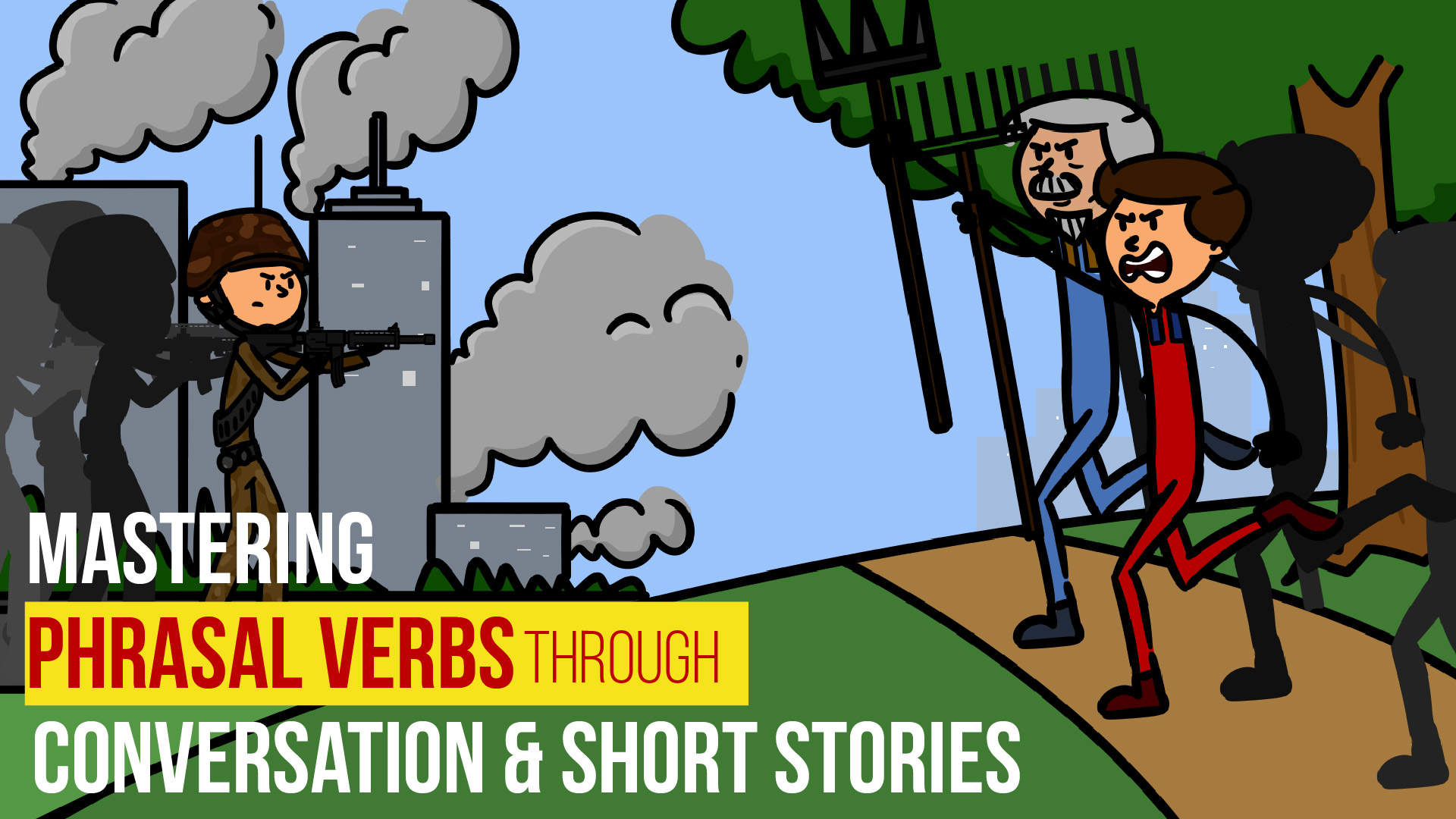Learn English Vocabulary (Academic Words) through Reading Daily topic: Study Skill.
1. Reading
College can bring several challenges, but learning how to study effectively can make your life easier. Three important points to consider are place, time, and attitude.
First, you need a comfortable place to study. If you can’t focus on what you are reading, that usually indicates (to point out) the need to find a new study location. Consider finding a quiet space on campus, such as the school library. You don’t want to be distracted by noises (i.e., roommates talking or a television show). You should even consider turning your cell phone off to enable (to make possible) you to fully concentrate. Prepare a study bag that is always ready to go to the library or other quiet location. Basic items to keep in your study bag include a ruler, calculator, paper, pens, and pencils. Throw in the appropriate notes and books for a particular study session, and you are ready to go. If you are doing research or writing, your study spot should provide access to a laptop or the college’s computers.
Once you have a study spot, make study time a central part of your day. To implement (to put into practice) your study plan, get a large calendar. Write the dates of your exams and due dates for papers on it. Also put your study times on the calendar. Put the calendar by your bed or in the kitchen where you can check it daily to see what assignments are coming up. Pay attention to your body to see when you feel the most alert and arrange your study times within these periods. Decide if you are the zealous (enthusiastic; eager) night owl whose mind ignites once the sun goes down, or whether you concentrate better soon after you wake up. Set aside at least two hours every day, and ideally study at the same time each day to make it a habit. If your life is especially busy, having intermittent (stopping and beginning again, irregular) study periods can also work. Four twenty to thirty minute study periods throughout a day can be used to review notes or to make a quick draft of a paper. When learning new terminology (the study of terms for particular subjects), studying words in ten to fifteen minute segments each day works better than studying the same words for ninety minutes once a week.
Finally, you need the right attitude to study successfully. People often undermine(to weaken or damage) their study efforts by being stressed. People learn better if they are rested and relaxed. Go into each study session with a positive attitude. If you think the reading material will be interesting, you are more likely to find it so. If you walk into a classroom with the assurance (self-confidence; certainty) that you will do well on a test, you are more likely to succeed than coming in filled with doubts. If you happen to do poorly, don’t berate (to scold harshly; to criticize) yourself. Severely criticizing yourself to the point where you want to give up will not help you study better. Instead look at what went wrong. Maybe you needed to study more or you read the questions too fast. Work to do better in the future. Also don’t let apathy (lack of interest) derail your planning. We all get bored at times, but procrastination usually leads to inferior work. Remind yourself of your goals for attending college as a way to motivate yourself. With efficient study skills, you can always walk onto campus with confidence.
2. Vocabulary:
- indicates (v) /ˈɪn.dɪ.keɪt/ : to point out)
- enable (v) /ɪˈneɪ.bəl/: to make possible
- zealous (adj) /ˈzel.əs/: enthusiastic; eager
- intermittent (adj) /ˌɪn.təˈmɪt.ənt/ : stopping and beginning again, irregular
- terminology (n) /ˌtɜː.mɪˈnɒl.ə.dʒi/: the study of terms for particular subjects
- undermine (v) /ˌʌn.dəˈmaɪn/ : to weaken or damage
- assurance (n) /əˈʃɔː.rəns/; self-confidence; certainty
- berate (v) /bɪˈreɪt/ : to scold harshly; to criticize
- apathy (n) /ˈæp.ə.θi/ : lack of interest





